On May 9, 2024, the U.S. Department of Veterans Affairs Office of Inspector General (VA OIG) recommended that, in consultation with the Office of General Counsel’s Ethics Specialty Team, Secretary of Veterans Affairs Denis Richard McDonough take appropriate action to determine whether individuals involved in awarding critical skill incentives (CSI) had any actual or apparent conflicts of interest.
The VA OIG’s recommendation follows an investigation into unusual payment activity involving senior executives, including career Senior Executive Service (SES) members, Senior-Level employees, and Title 38 SES-equivalent employees.
This isn't the first time the VA has faced a conflict of interest investigation. In 2022, the VA OIG conducted an investigation into Charmain Bogue, former executive director of the Veterans Benefits Administration’s Education Service, for alleged ethical violations related to her spouse’s consulting work for Veterans Education Success (VES). Both Ms. Bogue and VES president and Democratic political strategist, Carrie Wofford, refused to participate fully in the OIG’s investigation.
The recent OIG report found that the award of $10.8 million in CSIs to Veterans Health Administration (VHA) and Veterans Benefits Administration (VBA) central office executives was inconsistent with both the PACT Act and VA policy. It highlighted “breakdowns in leadership and controls and missed opportunities at multiple levels of VA contributed to this result.”
While the VA considers cutting pay for procurement, housekeeping, and administrative staff, all earning under $60,000 per year, Washington D.C. elites making over six figures have complained to the VA OIG about experiencing financial hardship due to repaying improper incentives.
Republican leaders who opposed the Sergeant First Class (SFC) Heath Robinson Honoring our Promise to Address Comprehensive Toxics (PACT) Act years ago might feel vindicated.
Recommended
For instance, Senator Thom Tillis expressed concerns in July 2022 about the VA's ability to implement the PACT Act, stating, “While well-intentioned, the PACT Act creates new promises to veterans while breaking existing ones, which is why I could not support its passage. Just this week, I listened to Secretary McDonough describe the challenges the VA is facing in meeting current obligations and it’s clear that the Department does not have the capacity to properly implement the PACT Act. This legislation will have adverse operational and administrative impacts, and I remain concerned that it will result in increased wait times, delays in receiving care, and a substantial increase in the claims backlog. I fully expect that in the coming years, Congress will be forced to make substantial changes to account for these unintended consequences.”
Similarly, Senator Rand Paul argued in August 2022, “This bill would cost hundreds of billions of dollars at a time when the national debt is climbing over thirty trillion and inflation is at a forty-year high,” adding, “Those who served the armed services should not be the ones to pay the costs for government mismanagement.”
The VA OIG stated, “Evidence suggests that VHA and VBA personnel involved in developing strategies to award CSIs for senior executives at VACO based them first on achieving a desired outcome—incentive awards of 20 or 25 percent of basic pay for all—and then took steps weeks or months later to justify the awards with data.” VA Under Secretary for Health Dr. Elnahal initially approved a two-tiered CSI (25 percent to a small group based on leadership in certain priority initiatives and 20 percent to the remaining VACO executives) but changed the amount to 25 percent for all shortly before the CSIs were awarded in September 2023, according to the VA OIG.
In essence, the D.C. elite prioritized their interests over veterans. VBA’s justification equated every senior executive to a private sector CEO, which is unrealistic considering the median private sector CEO salary exceeds $165,000 and can reach over $400,000 with performance targets.
Deputy General Counsel for Legal Operations Brent Pope, apparently the lone voice of reason, expressed disbelief at the justifications provided by VHA, stating, “When I saw the justification that [VHA] gave I honestly couldn’t believe it. I said, ‘Is that all that was there?’”
It remains to be seen if the VA's Office of General Counsel's Ethics Specialty Team, led by Acting General Counsel Richard J. Hipolit, can impartially and thoroughly investigate—as requested by the VA OIG. The investigation aims to determine if conflicts of interest influenced the CSI award process.


















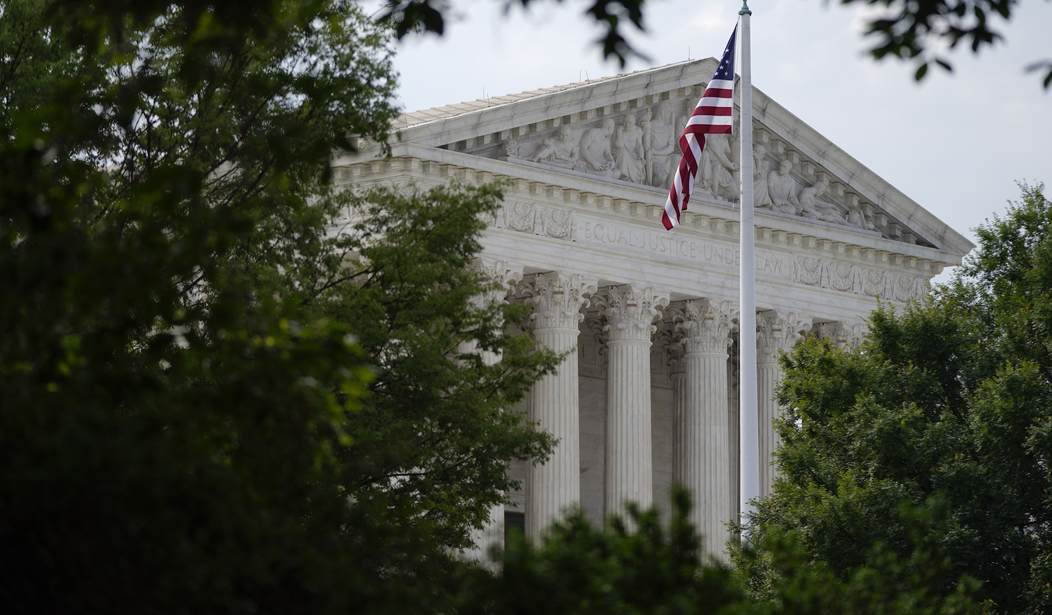

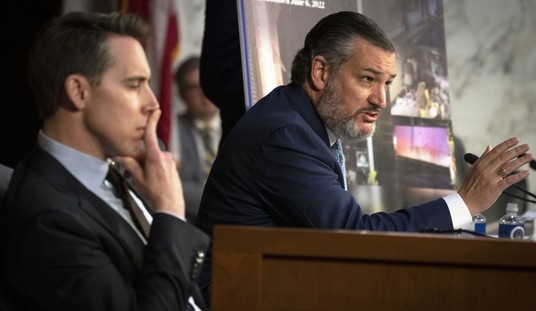
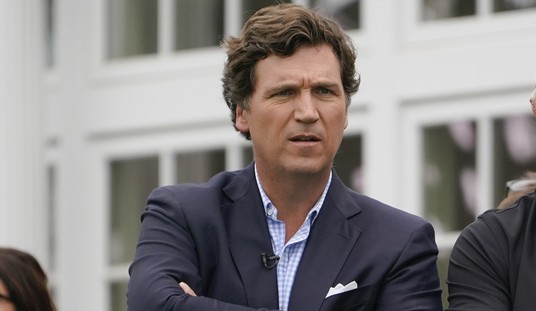
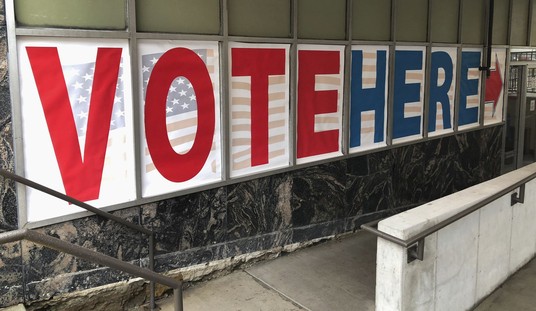

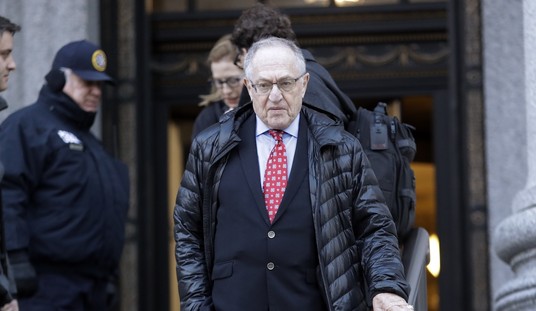
Join the conversation as a VIP Member